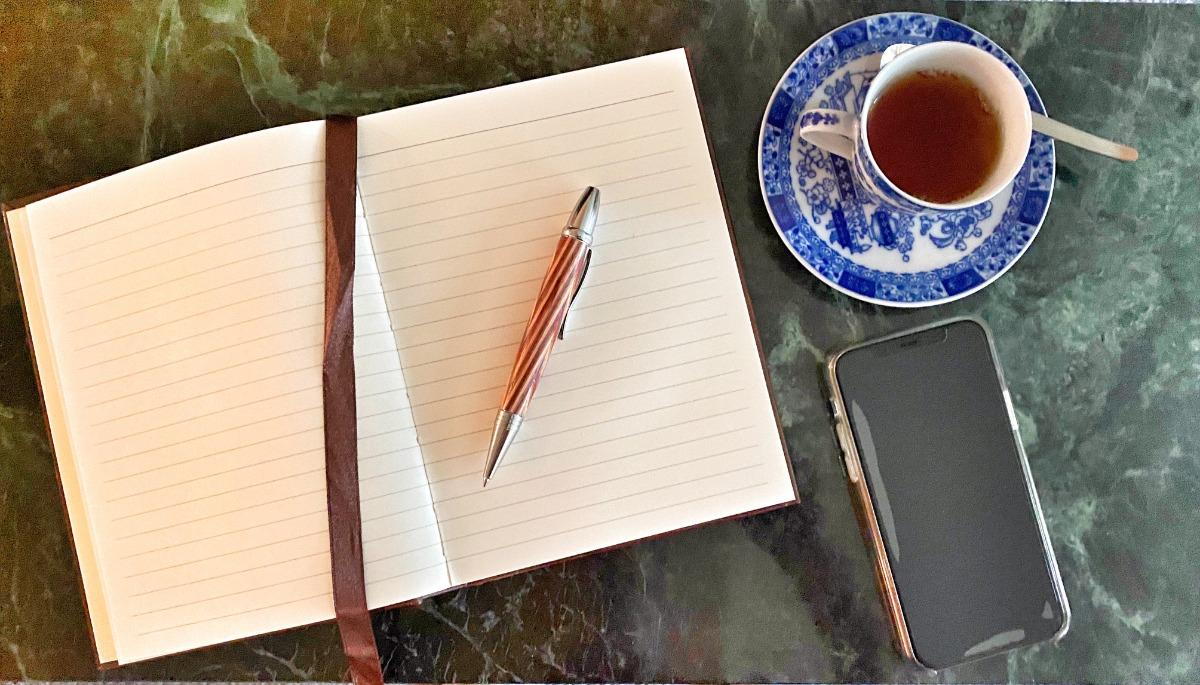
The end of one year and the start of a new one is a time of reflection for many people. Why not put some of that reflection in a journal? The act of putting our thoughts in writing is very beneficial. It can help us better understand ourselves and our world.
Journaling is a helpful and frequently suggested tool in therapy. People keep journals or logs in books or apps to note all sorts of behavior or things. Often journaling focuses on habits, behavior or attitudes a person seeks to monitor or change.
Positive journaling challenges us to explore deeper and more appreciatively into ourselves and our world. It starts from a mindful perspective. We look deeply and observe and notice, not judge.
A gratitude journal asks what are you grateful for or what do you appreciate? You might start with using your five senses. For example: “I appreciate the coffee and breakfast I’m having.” You could expand that to include the nice cup and dish that contain those things, having the money to afford them and the time to enjoy these things before going off to work that you enjoy.
Keeping such a journal can be a challenge. Our brain has a natural negative bias. A positive journaling practice challenges us to change our natural focus. Also, positive journaling helps to mitigate our automatic thoughts and to encourage exploration and recognition of the positive things in our life to balance the negative. This practice (and it takes practice) has been proven to reduce stress, anxiety and depression. Positive journaling also can help improve relationships and physical health, too.
Another way to journal about positive perspectives is to ask yourself questions about what is good. What good things happened today? What is good in my life today? What did I do well or that is good today? What is good about me today? This type of journaling can help improve self-image and esteem.
Just the action of making the effort to journal and mindfully look at ourselves has been shown to help people feel less stuck, be less judgmental and improve daily functioning.

